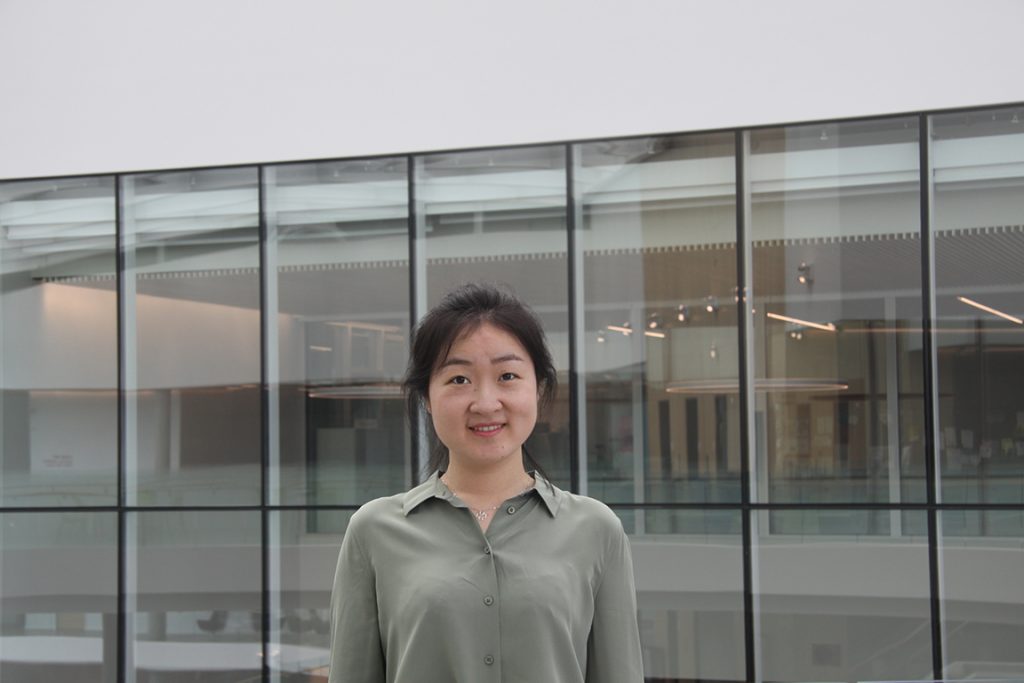
Xu Wang
Carnegie Mellon University
PhD Candidate
Xu Wang is a 5th year PhD candidate in the Human-Computer Interaction Institute, Carnegie Mellon University. She is advised by Ken Koedinger and Carolyn Rose. Her research interest lies at the intersection of HCI and Learning Sciences. Specifically, she leverages methods from both disciplines to study how people learn and build intelligent systems that improve human learning, scale to large numbers of learners and are usable in practice. She interned twice at Autodesk Research. Before coming to CMU, she received a Masters in Education from Harvard Graduate School of Education and a Bachelor’s in Science from Beijing Normal University.
Research Abstract:
Title: Sourcing Open-Ended Solutions to Create Scalable Learning Opportunities
In all kinds of learning contexts, college classrooms, online courses, professional training sessions, giving novices opportunities to practice is critical for skill development. However, designing sufficient practice opportunities can be challenging and time-consuming for instructors. Technologies that can scale content curation can greatly benefit education in all contexts and support novices who are striving to learn a new skill. In my work, I leverage unstructured open-ended data created by past learners to create quality and scalable learning opportunities for future learners. My approach involves first developing computational techniques to build structures into open-ended content, and then building tools with such open-ended content as data feed to support learning in various contexts. I have applied this approach in three application domains. First, I develop UpGrade, a system to intelligently support instructors in creating scalable and quality learning opportunities. UpGrade takes past student open-ended solutions and past instructor feedback as input, and supports instructors in quickly creating multiple-choice questions at scale. We found that using UpGrade reduces learning time by 30% compared to using traditional open-ended assignments. Second, I develop a technique that models software users’ workflows in complex software applications (such as CAD), and recommends videos excerpts that contain relevant workflows to the user. Third, I develop a conversational agent that detects desirable and undesirable discussion behaviors while students chat, and then prompts students to engage with their peers in more depth.